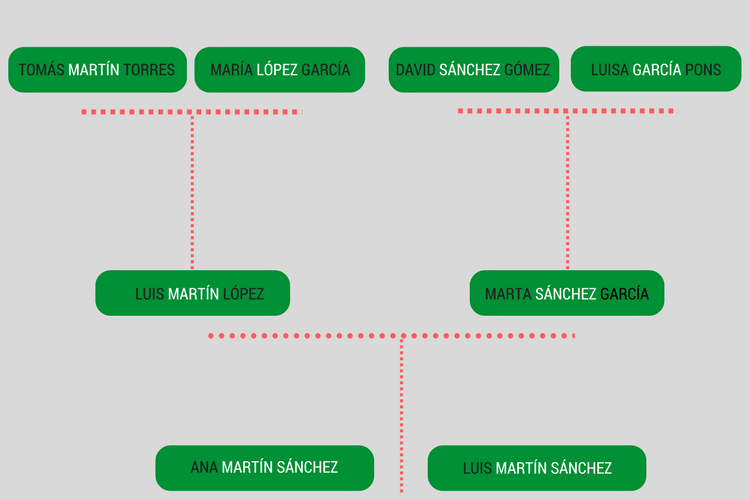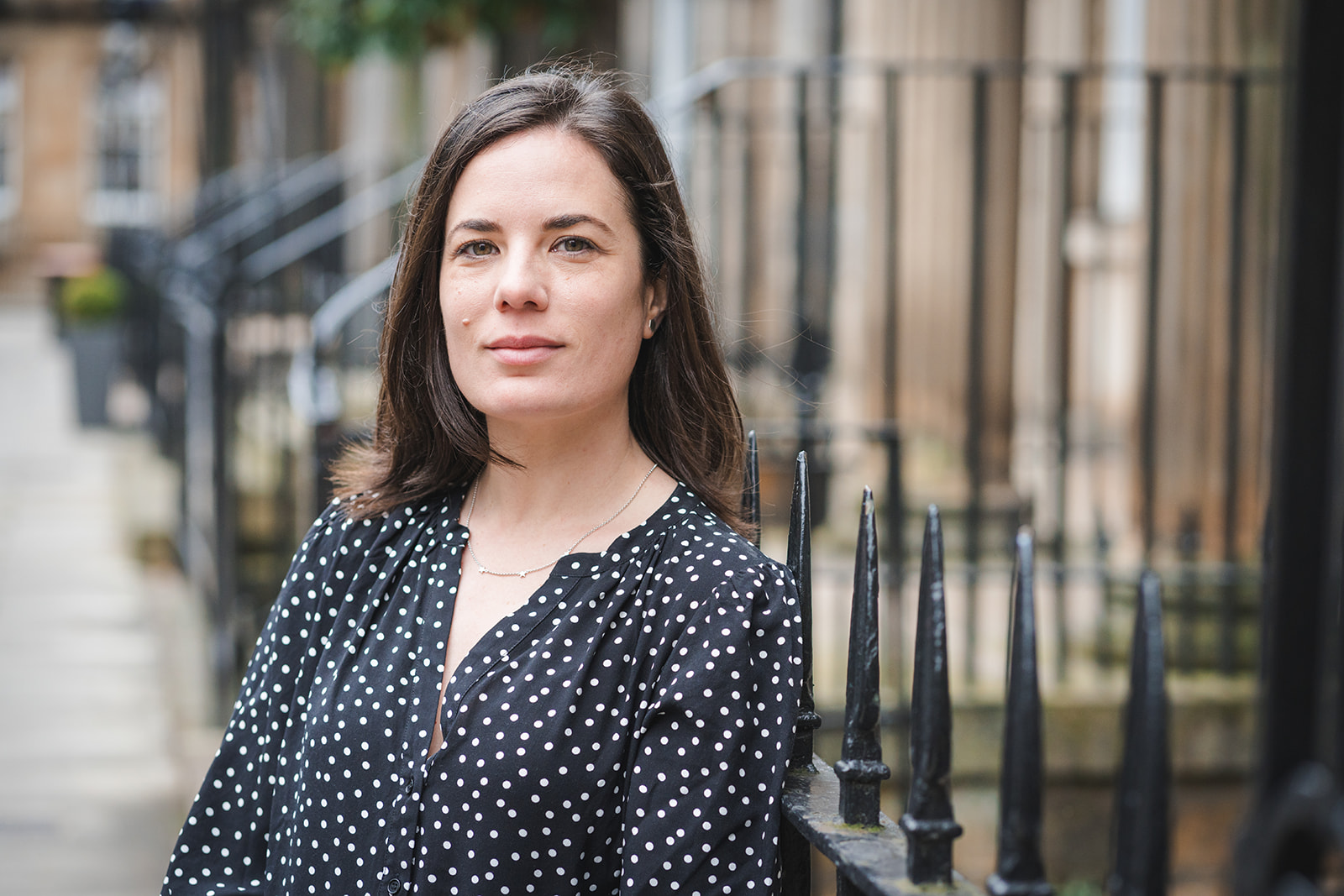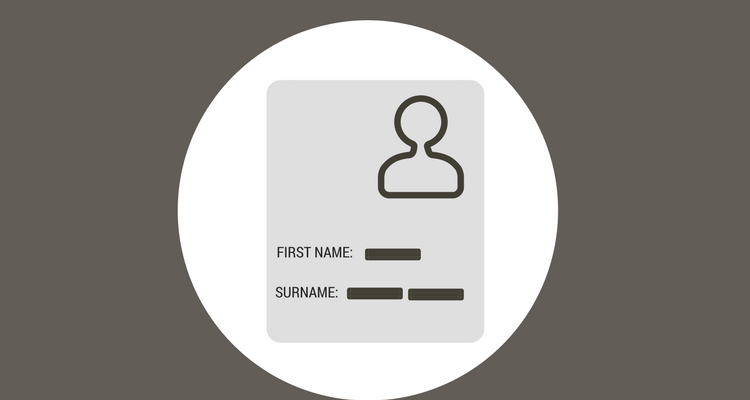Last updated on 16/05/24
As a Spaniard long since settled in the UK, I am used to regularly having my first name and second surname mispronounced and having my first surname ignored. The Spanish naming structure causes confusion and raises eyebrows here. But as a sworn translator, I know fully well the risks of not bothering to correct name-related mistakes in UK documents, so I always make sure that my full name appears on all important and official documents.
This guide to Spanish naming customs includes a comprehensive explanation of how Spanish names work, clear answers to names-related questions, and some personal thoughts about the Spanish naming system.
Contents
- 1 How do Spanish names work?
- 2 Spanish first names
- 3 Spanish surnames
- 3.1 Spanish surnames: FAQs
- 3.1.1 How do surnames work if you have two fathers or two mothers, or you are born to a single mother, or you are adopted?
- 3.1.2 How do double-barrelled surnames work in Spain?
- 3.1.3 Can you change your Spanish surnames?
- 3.1.4 What happens to Spanish women’s surnames when they marry?
- 3.1.5 How do you refer to families?
- 3.1.6 What happens to Spanish surnames if both parents have the same first surname?
- 3.1.7 What happens if you (a Spanish national) change your surname whilst living abroad?
- 3.1.8 What happens to your name when you (a British citizen) acquire Spanish nationality?
- 3.1 Spanish surnames: FAQs
- 4 Some thoughts about Spanish naming customs
How do Spanish names work?
Spanish names do not follow the first name + middle name + surname structure. They are made of first name (nombre) + first surname (primer apellido) + second surname (segundo apellido).
For example, my full name is Irene Corchado Resmella. Both Corchado and Resmella are my surnames. They both need to appear and they need to be written in that same order.
Curiosity: Spanish booking websites generally follow the Spanish naming structure when it comes to booking forms, even on their localised sites. You will often find that the first surname and second surname fields are mandatory.
Spanish first names
Generally referred to as nombre in official documents and forms, there are two types of Spanish first names:
(1) nombre simple, made up of one single first name (e.g. Irene)
(2) nombre compuesto, made up of two first names (e.g. Irene María)
Note that, if your first name is made up of two elements, they all constitute your first name. In official documents and forms, you will write all your first names in the nombre field. You will not see a separate ‘middle name’ field.
Spanish first names: FAQs
How many first names can you have?
Spanish compound names are made up of two first names only. It is not possible to have a compound name of three or more first names.
Are there any other legal restrictions to Spanish first names?
Yes, there are a few. The Spanish Civil Register Law does not allow negative or offensive first names or using the same first name for two or more siblings. Most shortened forms of proper names are not allowed either; for example, you may prefer ‘Oli’ over ‘Oliver’ but you will only be able to register your child as ‘Oliver’. There are very few exceptions, one of them being the popular ‘Lola’ (shortened form of ‘Dolores’), which was not allowed until not that long ago.
Which first name do people with a compound name use?
Which first name to go by is a very personal decision. It will depend on your personal preferences and the situation. Some people go by their full compound name in all circumstances. Others go by one first name and only use their full compound name at work or in official documents. And some people prefer to go by a shortened form combining the two first names: e.g. ‘Mabel’ (rather than María Isabel), ‘Juanlu’ (rather than Juan Luis), or ‘Luisma’ (rather than Luis Manuel).
Can you legally change your Spanish first name?
Yes, you can change your first name following an official name change procedure, if you are aged 16 or over and have been known by a first name other than your legal name, by making a statement and proving the habitual use of your new first name.
Spanish surnames
Spaniards have two surnames and they are determined by filiation (parentage). If you have a father and a mother, one of your surnames will be your father’s first surname, and the other one will be your mother’s first surname.
Let me illustrate it using a made-up family tree:

As you can see, your two surnames are actually your grandparents’, inherited through your father and mother. This means that all siblings share both surnames.
Traditionally (and still the preferred option by most), the father’s first surname will go first, followed by the mother’s first surname. Until the year 2000, parents could choose to reverse the order of surnames, but had to submit a statement confirming they both agreed to the change. If they did not agree, legal preference was given to the paternal surname. However, a law which came into force on 30 June 2018 eliminated the ‘father’s surname first’ default option, allowing parents to decide which surname goes first within the first three days after their child is born (the same order of surnames will apply to all future children). If no agreement is reached by then, it is up to the officer at the Civil Registry Office to decide the order of surnames.
Tip: if you are looking to register a UK birth in Spain (because either you and/or your partner is a Spanish national), remember that the child cannot be registered in Spain with a name not complying with the strict Spanish naming rules. Therefore, make sure that your child’s name on their UK birth certificate complies with the strict Spanish naming rules.
Spanish surnames: FAQs
How do surnames work if you have two fathers or two mothers, or you are born to a single mother, or you are adopted?
You will, in any case, have two surnames, as per the legal requirements applicable to Spanish nationals. The question here would be which ones.
If you are born to a single mother, you will take both surnames from your mother.
If you are born to a woman married to another woman, you will take one surname from your biological mother and another surname from her spouse.
If you are born to an unmarried woman with a female partner, you will take both surnames from your biological mother. You can take one surname from your biological mother and another surname from her partner, only if the partner formally adopts you.
If you are adopted (before turning 18) by a married couple, you will take one surname from each adoptive parent, irrespective of their sex.
If you are adopted (before turning 18) by an unmarried person with a partner (irrespective of their sex), you will take both surnames from your adoptive parent. You can take one surname from your adoptive parent and another surname from their partner, only if the partner formally adopts you.
If you are adopted after turning 18, you can choose to keep your original surnames after adoption.
How do double-barrelled surnames work in Spain?
It was common practise in the past for wealthy families to create double-barrelled surnames for their children to inherit the social status or prestige associated with them. The legal requirement is to have two surnames, irrespective of whether they are simple or double-barrelled. Therefore, there are four possible surname structures:
Simple first surname + simple second surname
Simple first surname + double-barrelled second surname
Double-barrelled first surname + simple second surname
Double-barrelled first surname + double-barrelled second surname
Can you change your Spanish surnames?
Yes, but only in very specific and limited circumstances (including reversing the order of surnames, correcting the spelling, proving that you habitually use a surname) and in exceptional circumstances (including those related to sex changes or changes of identity due to safety issues).
What happens to Spanish women’s surnames when they marry?
Nothing. Spanish women do not (and cannot) change their surnames after marriage. The concept of ‘maiden name’ does not exist in Spain. Spanish nationals acquire a first name and two surnames after birth and keep the same first name and two surnames throughout their life.
How do you refer to families?
Since both spouses keep their full names after marriage, you cannot really refer to a married couple as Mr and Mrs anything, because they do not share surnames. Likewise, you cannot refer to a Spanish family as ‘Familia [father’s surname]’ either.
If you want to refer to a family unit (a couple and their children), you will use the children’s surnames, which are effectively the parents’ respective first surnames.
For example, if you wanted to refer to my parents, me and my siblings, you would speak of familia Corchado Resmella.
What happens to Spanish surnames if both parents have the same first surname?
This happens relatively often, particularly with very common surnames, and does not present any issues. Remember the rule: Spanish nationals must have two surnames and normally take one parent’s first surname and the other parent’s first surname. The fact that both parents happen to have the first surname is irrelevant.
You do not eliminate the second ‘repeated’ surname, because you need two surnames. You do not take a different surname, because you need to take the first surname of each parent (except in the cases mentioned above). So you just take two first surnames that happen to be the same surname.
Example: if Luis García Sánchez and María García López have a son called Enrique, the son will be called Enrique García García.
What happens if you (a Spanish national) change your surname whilst living abroad?
You will encounter issues in Spain further down the line, so think twice before you do. In other countries it is relatively easy (or at least much easier) to formally change your surname. For example, in England you can do that by unenrolled or enrolled deed poll; in Scotland, you can do that by unenrolled or enrolled deed poll, and by statutory declaration.
Common scenario: a Spanish woman residing in the UK decides to take up her British husband’s surname upon marriage. Their marriage certificate reflects her new British name, which she uses on a regular basis. Then she starts the process of becoming a British citizen by naturalisation and getting a UK passport. When she requests to have her British passport issued under her new British name, she finds out that it will not be possible. This is because the name on her non-British passport must match the name she wants on her British passport, but Spanish law will not allow the change of name. Her British passport will be issued in her Spanish name.
As a sworn translator, I have witnessed numerous cases of Spanish women informally changing their name in the UK upon marriage, regularly using their new name in the UK but still holding a Spanish passport only and then facing lots of issues in Spain later in life when buying or selling property or inheriting Spanish assets.
What happens to your name when you (a British citizen) acquire Spanish nationality?
In Spain, it is mandatory to have an identity document. Spanish nationals and foreigners who acquire the Spanish nationality have a DNI (Documento Nacional de Identidad), while foreigners residing in Spain have a residence card which includes a NIE (Número de Identidad de Extranjero).
When you move to Spain, you will need to register at the Registro de Extranjeros, and you will be assigned a NIE. It is required for all sorts of procedures, from working to opening a bank account or have access to the national health insurance system, and it includes the person’s full name as is.
Things change when you acquire Spanish nationality. You need to apply for a DNI, which will replace your previous NIE and, since Spanish nationals must have two surnames, your name will change. You will need a second surname, which will normally be your mother’s maiden name. The next step would be to request a notarial certificate (certificado de concordancia) confirming that your previous foreign citizen details match your new Spanish identity.
For British citizens, acquiring Spanish nationality involves renouncing their British citizenship (according to Spanish authorities). The process does not require submitting your British passport (this is because the UK allows having multiple nationalities, so Spain cannot ask you to surrender your British passport). In practice, this means that as far as Spain is concerned, you are now a Spanish national with a Spanish name and to avoid trouble, you should always use your Spanish passport and name when in Spanish territory.
Related article: Brits in Spain: applying for Spanish nationality through residence
Some thoughts about Spanish naming customs
Naming customs vary across countries and cultures, so there is no right or wrong, better or worse naming system. There are only different systems.
That said, and speaking as a Spanish national living in the UK, I find our system more useful and practical than others, because it avoids all the hassle and paperwork involved in changing your name. The legal bond of a Spanish mother with her child is never questioned in the same way it is in other countries where a mother does not share a surname with their children. And Spanish women do not end up in a situation where they are divorced mothers still bearing their ex-husband’s surname just so that they share the surname with their child.
Apart from the practicalities, there are other reasons I like Spanish naming customs:
- Your name reflects both sides of your family (paternal and maternal).
- You are very unlikely to find someone having your exact full name.
- By reversing the order of surnames, you can help preserve a maternal surname for another generation.
- It reflects your origins and your identity, which you do not give up upon marriage.
Lastly, a very personal (and totally biased, of course) thought: as a Spanish married woman myself, I cannot fully comprehend wanting to take your spouse’s surname (unless you want to break family ties). For me, it would mean giving up my origins and identity to join someone else’s family. The Spanish naming system allows both spouses to retain their identity without breaking the family name ties and to create a new family together which is reflected in the combination of first surnames that their children will carry.
DISCLAIMER
The information included in this article is correct at the time of publication/last update. This article is for informational purposes only, does not constitute legal advice and should not be relied upon as such. Any reliance you place on such information is strictly at your own risk. ICR Translations will not be liable for any loss or damage arising from loss of data or profits as a result of, or in connection with, the use of this website.

Irene Corchado Resmella, a Spanish translator based in Edinburgh. English-Spanish sworn translator appointed by the Spanish Ministry of Foreign Affairs, Chartered Linguist and member of the CIOL. As a legal translator, I focus on Private Client law, specialising in Wills and Succession across three jurisdictions (England & Wales, Spain, and Scotland). Affiliate member of STEP. ICR Translations is registered with the ICO and has professional indemnity insurance.

